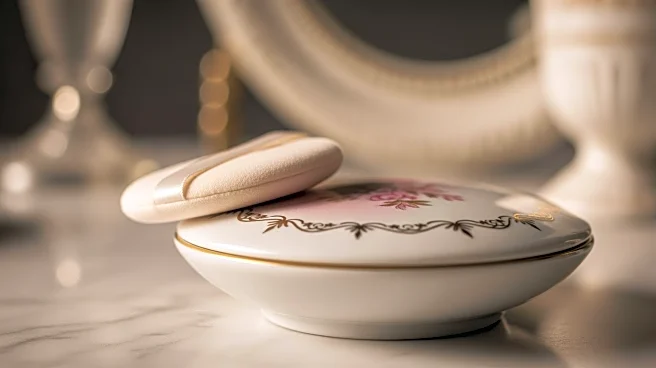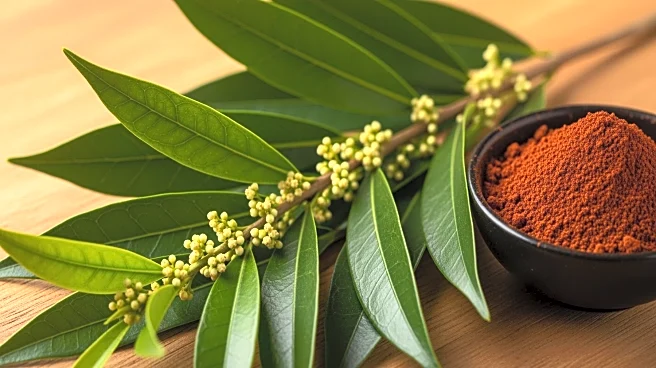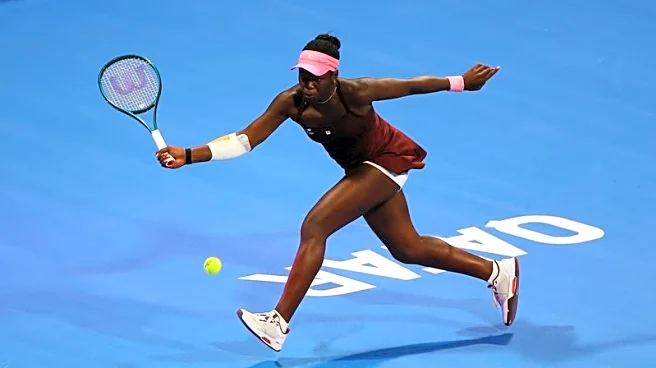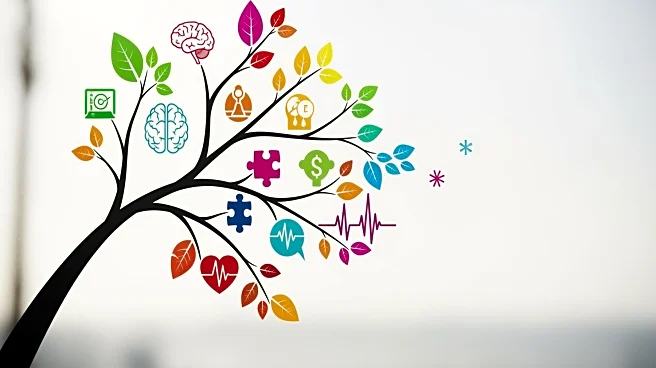Last season, the Dallas Mavericks were among the NBA teams hit with the worst injury luck. There’s no need to list all the players, who were out for shorter or longer periods of time, but suffice it to say
that it affected the season, the vibe and the results.
This season, Kyrie Irving remains out, probably for a long time still, Anthony Davis has a hard time staying on the floor, Dereck Lively is also in and out with smaller injuries, Daniel Gafford has been out for some time, as well, and Dante Exum is dealing with something knee-related no one understands and hasn’t seen a minute yet.
It’s a difficult task physically to rehab and try to return to the court, both for long-term and short-term injuries. You tend to trust your body less, which can hurt your performance, because you’re afraid to reaggravate something.
Mentally, injuries take a toll. Even to keep up your spirits and trust the process can be hard, especially when you hit set-back after set-back like Dante Exum and Dereck Lively.
Then there’s the part of it concerning the players left to pick up the pieces and keep fighting with a limited roster. It can get pretty tough to try and put up a fight night after night and lead the way, when you know some of the most important roster pieces and teammates would have made everything a lot easier. For players like PJ Washington and Naji Marshall, this feeling must seem all too familiar.
Both have led the way month after month since last winter, as injuries have ravaged the team. They have put up brave faces and fought for each game, but there’s no denying that it can be incredibly tough playing with half a team so often.
It’s like having to carry the burden of expectation and pressure, just on a smaller number of shoulders. If you’re not careful, it can end in burnout and loss of motivation.
PJ Washington acknowledged these struggles earlier this week, when he was asked what he learned from last season’s injury woes that helps him this year:
“Just stick with it. Things will turn. It’s not gonna rain forever. For us, we gotta stick to our principles and build an identity.”
In a thoughtful answer, he continued by describing how to keep focus on the bigger perspective:
“Don’t let each and every game get to us. Stick with our principles and things will change.”
Taking the birdseye view, trying to zoom out and see things from a bigger perspective is always good advice. During his Mavs tenure, Washington has proven to be one of the most mentally strong and tough players in the league, and playing through adversity is not new to him.
And while basketball is not real life, but a game some play and others watch, there are real life-lessons we can derive from it – and from people and players who have been through difficult times.
Failure is part of life, adversity makes victory all the more sweet, and if you keep at something long enough, results will improve. Continuity and discipline is key.
Someone with a lot of experience handling pressure and adversity is Simone Biles. As the most decorated gymnast in history, her way of dealing with injuries has been to focus on tuning out the noise and reconnecting with herself, as well as embracing that you will not return as the same athlete.
“You can’t go back. The best you can do is forgive yourself, take a deep breath, and get to work on the next challenge,” Biles said in 2020.
Despite this being a game and a sport, these players are real people with human experiences like the rest of us. And going through adversity is a similar experience whether it’s about making ends meet, lacking a goal in life or trying to keep your head up through a difficult basketball season.
Overcoming hardship is not easy, overcoming injuries is not easy, finding a place in life to thrive is not easy. But if we can learn anything from basketball, it’s to forgive ourselves, dust ourselves off and move on. Things will turn. It’s not going to rain forever.










